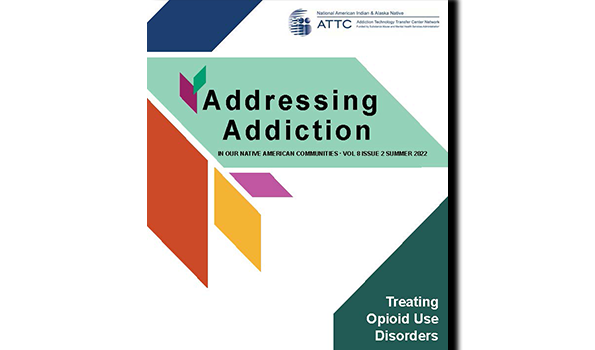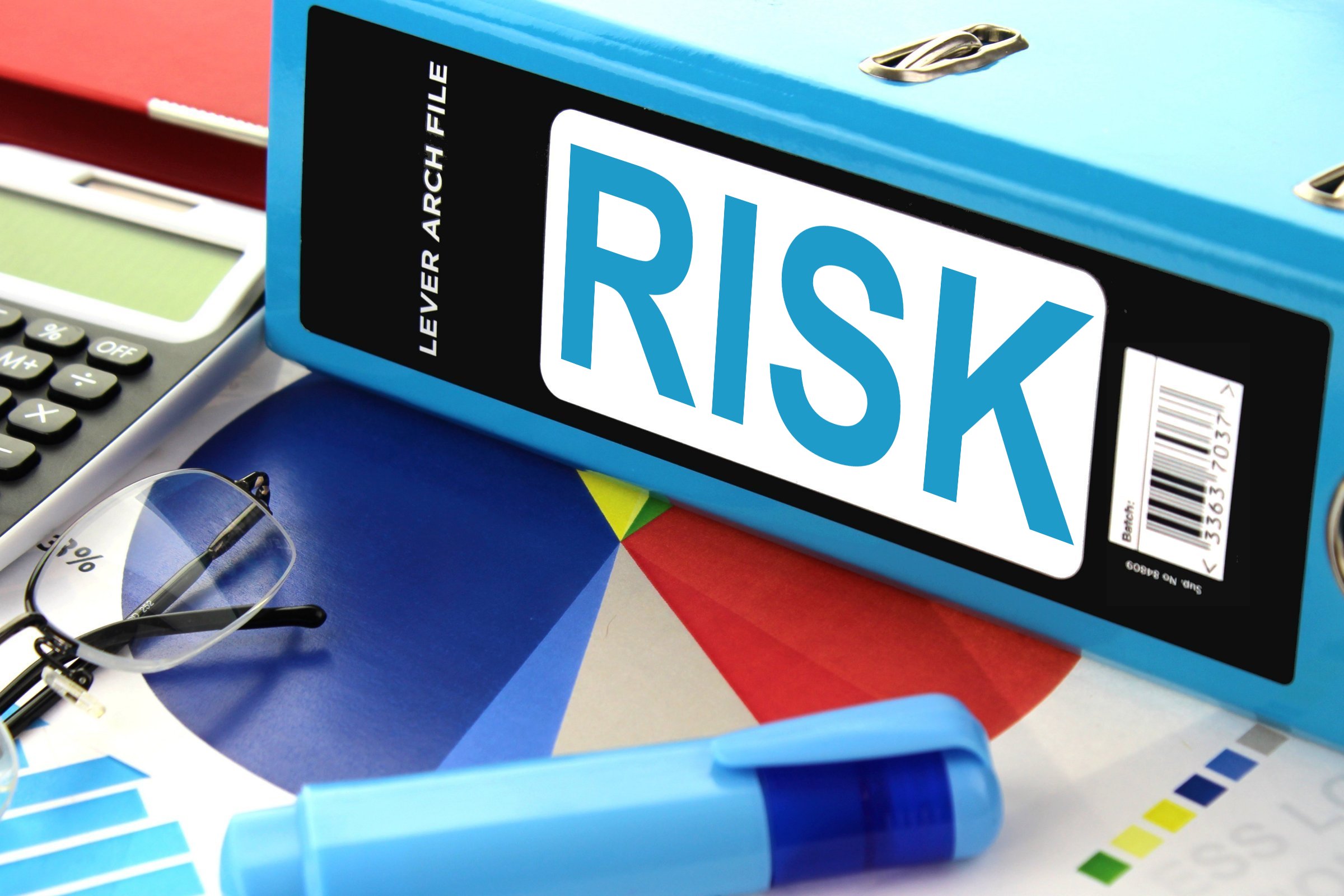Ethical and Moral Implications:

- Breach of trust: Deception erodes trust among individuals and organizations.
- Damage to reputation: Honest mistakes can be forgiven, but intentional deception can severely damage one's reputation.
- Loss of credibility: People who are caught being dishonest lose credibility, making it difficult for them to be taken seriously.
Legal Consequences:

- Criminal charges: In some cases, deception can constitute fraud, forgery, or other criminal offenses, leading to fines, imprisonment, or both.
- Civil lawsuits: Victims of deception may sue for damages, including compensation for financial losses, emotional distress, and reputational harm.
Financial Risks:

- Loss of revenue: Customers who feel deceived are less likely to do business with a company again, leading to a decline in sales.
- Increased operating costs: Fraudulent practices can lead to higher legal expenses, insurance premiums, and internal investigations.
Business Risks:
- Erosion of employee morale: Employees who discover or suspect deception may lose motivation and trust in management.
- Impaired decision-making: Dishonest practices can cloud judgment and lead to poor business decisions.
- Damage to customer relationships: Deception can strain customer relationships and make it difficult to build strong bonds.
Personal Risks:
- Stress and anxiety: Living with a lie can take an emotional toll, causing stress and anxiety.
- Damaged relationships: Deception can damage personal relationships, including friendships and family ties.
- Self-esteem issues: Engaging in deceptive practices can erode one's self-esteem and sense of worth.
Mitigating the Risks of Deception:
- Promote transparency and accountability: Encourage open communication and ensure that individuals are held accountable for their actions.
- Establish clear ethical guidelines: Set明確な倫理ガイドライン establish clear ethical guidelines and communicate them to all employees.
- Foster a culture of honesty: Create a work environment that values honesty and integrity.
- Implement internal controls: Establish systems and processes to prevent and detect fraud.
- Encourage whistleblower reporting: Provide confidential channels for employees to report unethical practices without fear of retaliation.## The Dangers of Deception: Risks of Dishonest Practices
Executive Summary
Deception, the act of misleading or concealing the truth, is a pervasive problem that can have severe consequences for individuals, organizations, and society as a whole. This comprehensive guide delves into the multifaceted risks associated with dishonest practices, examining their ethical implications, legal ramifications, and detrimental effects on trust and reputation. Understanding these dangers is crucial for promoting integrity, transparency, and ethical conduct in all spheres of life.
Introduction
In an era characterized by information overload and the blurring of truth and fiction, deception has become a concerning trend. Whether it manifests as false advertising, financial fraud, or political manipulation, dishonesty can undermine the very fabric of our society, eroding trust, fostering mistrust, and impeding progress. By recognizing the dangers associated with deception, we can take proactive measures to combat this insidious practice and cultivate a culture of honesty and integrity.
FAQs
Q: What are the primary motivations behind deception?
- Personal gain: Self-interest and greed often drive individuals to deceive others for financial or material benefit.
- Fear of consequences: Fear of punishment, embarrassment, or rejection can lead people to conceal the truth or present a false narrative.
- Social pressure: The desire to conform or gain acceptance can motivate individuals to engage in deceptive behaviors to fit in.
Q: What are the common consequences of deception?
- Damage to relationships: Deception can shatter trust and erode relationships between individuals, families, and organizations.
- Legal liability: Dishonest practices can lead to civil and criminal penalties, including fines, imprisonment, and legal disputes.
- Reputation damage: Engaging in deception can severely harm a person's or organization's reputation, making it difficult to regain trust and support.
Q: How can we prevent and combat deception?
- Promote transparency: Encourage open communication, honesty, and accountability in all aspects of life.
- Educate and raise awareness: Educate the public about the dangers of deception and its consequences.
- Hold accountable: Report and condemn dishonest practices, ensuring that perpetrators face consequences for their actions.
Top 5 Subtopics
Ethical Implications
Deception violates fundamental ethical principles of honesty, fairness, and respect. It undermines the trust and cooperation essential for a just and harmonious society. Key implications include:
- Breach of trust: Dishonesty damages trust between individuals, making it difficult to build meaningful relationships.
- Erosion of moral values: Deception encourages a culture of dishonesty and undermines moral values that promote integrity and truthfulness.
- Manipulation and coercion: Deceivers may use deception to manipulate or coerce others into doing things against their will.
Legal Ramifications
Dishonest practices can lead to severe legal consequences, ranging from civil lawsuits to criminal charges. Key ramifications include:
- Fraud: Deception used to gain an advantage or deprive someone of something of value can constitute fraud and carry legal penalties.
- Misrepresentation: False or misleading claims or statements can lead to lawsuits for misrepresentation and breach of contract.
- Perjury: Lying under oath or making false statements in a legal proceeding is a serious criminal offense.
Damage to Trust and Reputation
Deception erodes trust and harms reputations, making it difficult to maintain relationships and succeed in personal and professional life. Key points include:
- Loss of credibility: Dishonest actions damage an individual's or organization's credibility, making it harder to be trusted and respected.
- Reputation damage: Deception can severely damage a person's or organization's reputation, making it difficult to attract clients, partners, or investors.
- Social ostracism: Repeated deception can lead to social isolation and ostracism as people become wary of engaging with dishonest individuals.
Impacts on Mental Health
Deception can have detrimental effects on mental health, contributing to anxiety, depression, and other psychological issues. Key impacts include:
- Cognitive dissonance: The conflict between knowing the truth and presenting a false narrative can create cognitive dissonance and distress.
- Anxiety and guilt: Guilt and anxiety can consume individuals who are engaging in deception, leading to mental health problems.
- Self-esteem issues: Deception can damage self-esteem as individuals question their own integrity and worthiness.
Economic Impacts
Dishonest practices can have significant economic consequences, leading to financial losses, decreased productivity, and economic instability. Key impacts include:
- Consumer fraud: Deception in advertising, marketing, and sales can lead to consumer fraud and financial losses.
- Market distortions: Dishonest practices can distort markets by creating an unfair advantage for unethical businesses.
- Reduced productivity: Dishonesty and lack of trust can hinder teamwork, collaboration, and communication, reducing productivity and innovation.
Conclusion
Deception is a corrosive force that undermines the foundations of our society. Its ethical, legal, and societal consequences are far-reaching and devastating. By recognizing the dangers of deception and promoting honesty and integrity, we can create a culture where trust, respect, and transparency prevail. It is our collective responsibility to combat dishonest practices, foster ethical conduct, and safeguard the integrity of our relationships, institutions, and communities.
Keyword Tags
- Deception
- Dishonest Practices
- Ethical Implications
- Legal Ramifications
- Impact on Society



















































































































































 Global Online Gambling & iGaming is a full service cash Online Gambling & iGaming marketing consultancy with casino partners situated around the world.
Global Online Gambling & iGaming is a full service cash Online Gambling & iGaming marketing consultancy with casino partners situated around the world.